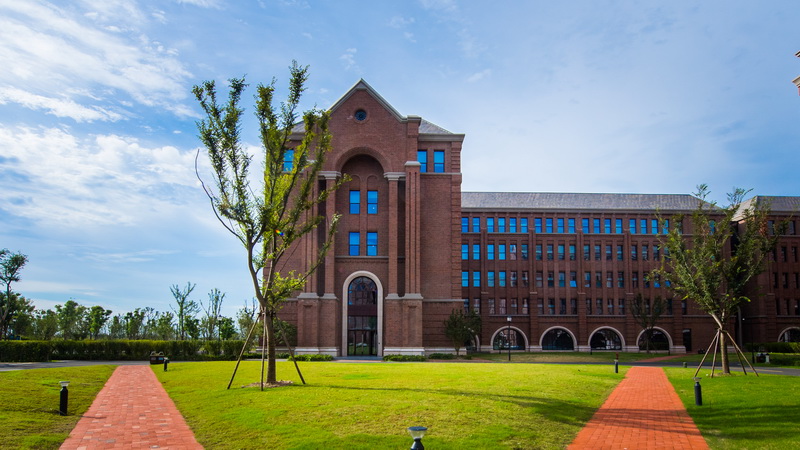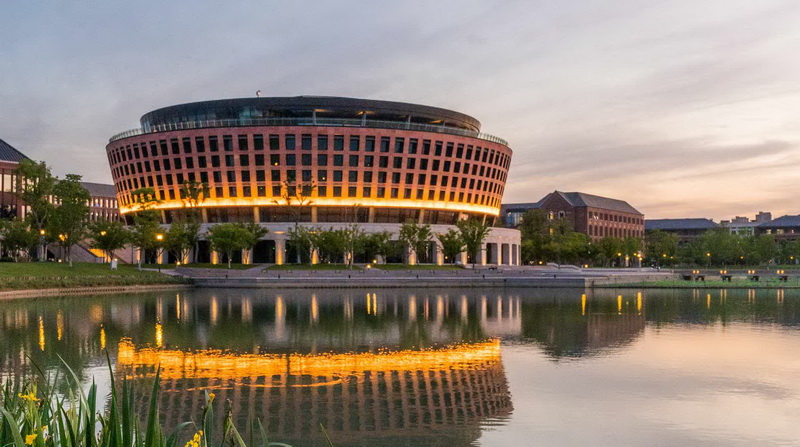On October 10, the Symposium on International Campus Development Strategy & 15th Five-Year Plan was held at the Multifunctional Hall. The event aimed to collect wisdom from all stakeholders, deliberate in depth on the 15th Five-Year Plan of the International Campus and the three joint institutes, and jointly seek a new chapter of the high-quality development of the International Campus. YANG Wei, Academician of the Chinese Academy of Sciences and Professor of Zhejiang University, HUANG Hefeng, Academician of the Chinese Academy of Sciences and Dean of the Faculty of Medicine and Pharmaceutical Sciences of Zhejiang University, HE Lianzhen, Vice Chair of Zhejiang University Council, XU Xinzhong, Boya Distinguished Professor of Peking University, LI Min, Chief of the International Campus, WU Yingcai, Executive Vice Dean of the International Campus, Chen Jia, Member of the Standing Committee and Director of the Organization Department of the CPC Haining Municipal Committee, YIN Jianwei, Director of the Development Planning Office, ZHAO Yunpeng, Vice Dean of the Undergraduate School and Director of the Teaching Affairs Office, SHI Zhiguo, Vice Director of the Office of Scitech Research, DU Yue, Vice Director of the Human Resources Department, WU Fengbin, Vice Director of the Talents Office, ZHAO Yi, Vice Dean of the Academy of Humanities and Social Sciences, RUAN Hengchao, Assistant Dean and Director of the Teaching Office of the School of Medicine, and SUN Guoxin, Communist Party Secretary of the Haining International Cooperative Education Development Office and Assistant Dean of the International Campus, were present at the symposium.
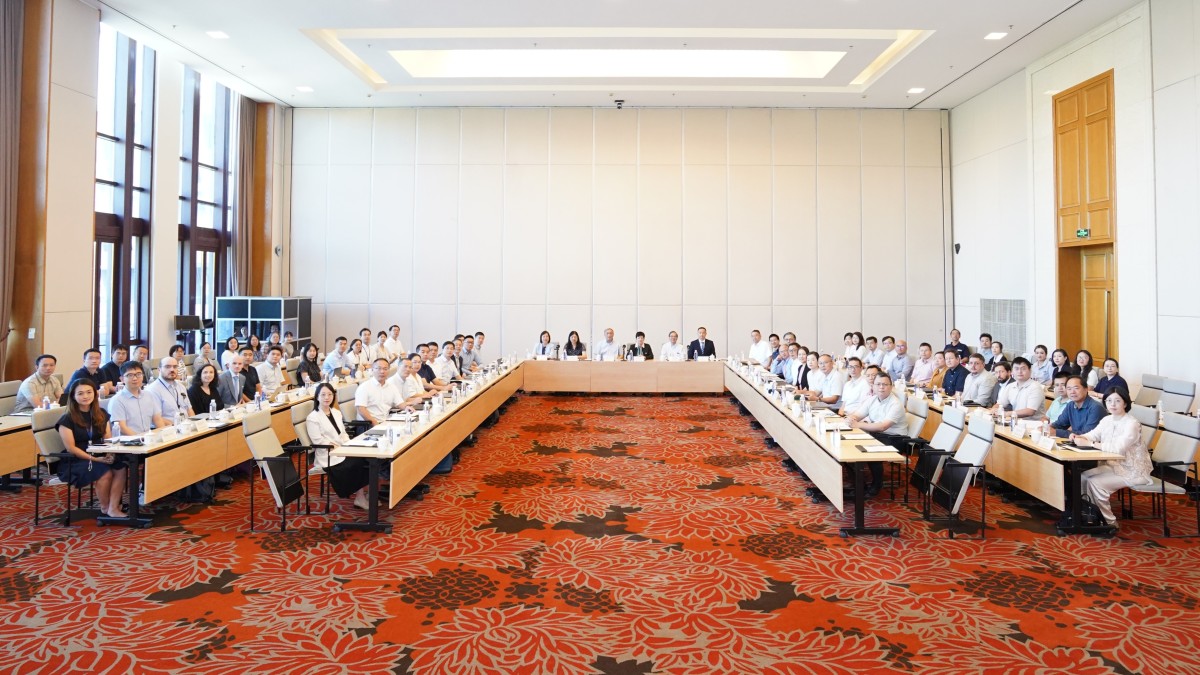
LI Min, delivered a presentation on the 15th Five-Year Plan of the International Campus (Draft for Discussion). She pointed out that during the 14th Five-Year Plan Period, the International Campus achieved remarkable results in talent cultivation, scientific research, faculty team building, and other related areas. The International Campus had defined an increasingly clear vision, with the scale steadily growing, quality improving and visibility enhanced. She elaborated in depth on the significance of the 15th Five-Year Plan, defined the international collaborative education brand with “Sustainability, Accountability, International, Leading (SAIL) at the core, and highlighted the commitment to following the five guiding principles: “Innovation, Synergy, Stewardship, Resilience, Model”, and implementing the five-pillar framework by optimizing education layout, nurturing top-tier students, cultivating a thriving community, driving scientific innovation, and optimizing governance framework. She urged to give prominence to the characteristics of the International Campus, being “small but well-developed, unique but strong, and internationalized”, and build an “international collaborative education model with global impact” in all aspects. She also emphasized that the development of this plan should be taken as an opportunity to forge consensus, build cohesion, and jointly create a new chapter for the high-quality development of the International Campus.
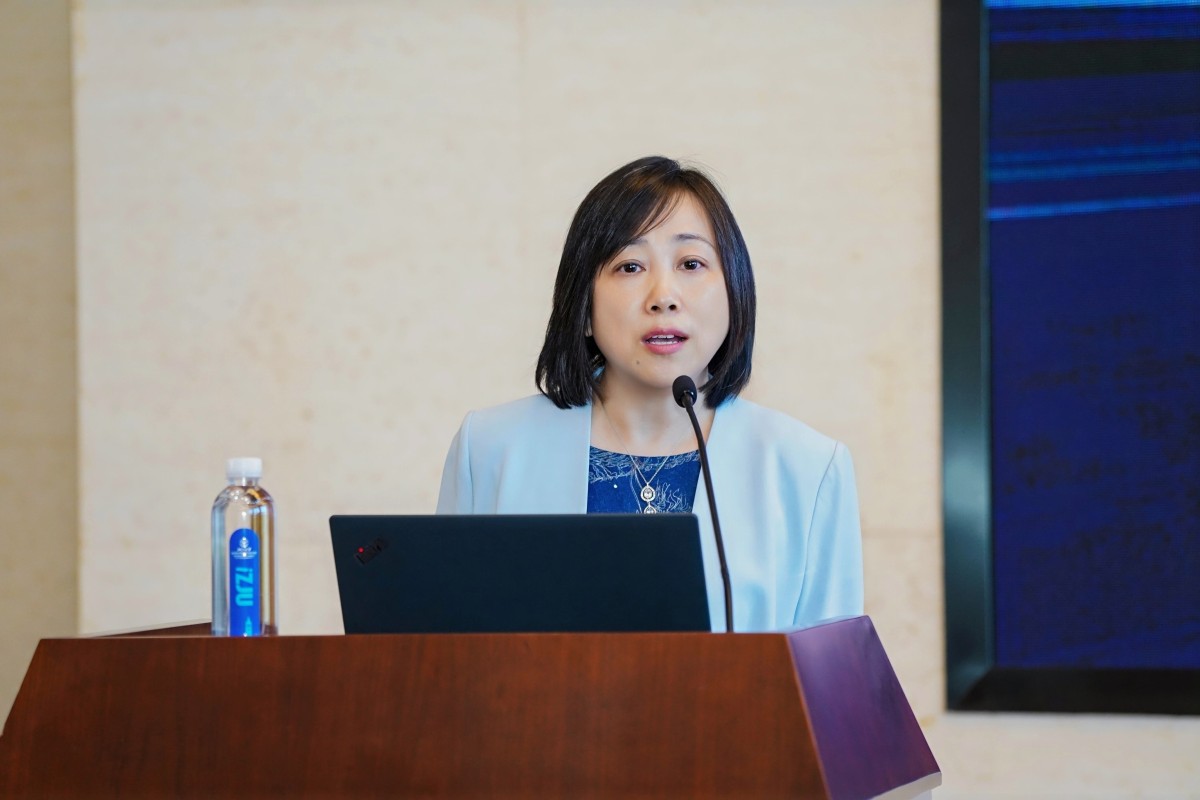
WU Yingcai chaired the event and delivered a summary of the strategic initiatives from the 2025 ZJU Summer Conference. He focused on interpreting ZJU’s deployment to move from being “a world-class university” to being “at the forefront of world-class universities”, adhere to the layout of “155”, promote ZJU’s high-quality development by implementing “nine strategies”, and make the university an implementer of the national strategy, a leader in the international academia, and a fertile ground for innovation that students across the world aspire to join. Thus, ZJU can truly blaze a new trail for building a world-class university with Chinese characteristics. He emphasized that the International Campus, as a “test field” and “pioneer” of Sino-foreign cooperative education, must have the courage to shoulder responsibilities, and embed its development in the national strategy and ZJU’s overall development.
KE Yuehai, Dean of ZJE, systematically elaborated on ZJE’s development blueprint in the following 5 years in 5 aspects, key discipline construction, high-level faculty recruitment and nurturing, leading research team building, development of new education programs, cultural promotion and exchange, showcasing a clear development path with a solid foundation, broad dimensions, and high positioning.
Der-Horng LEE, Dean of ZJUI, in response to the new situation and new challenges in the current Sino-foreign cooperative education, demonstrated ZJUI’s commitment to promoting the optimization and upgrade of the education layout and constructing a world-class talent cultivation system, and the determination to make critical breakthroughs in research innovation and platform construction. He also proposed ideas for breakthroughs, transformation, and future high-quality development.
BEN Shenglin, Dean of ZIBS, pointed out that ZIBS, with “globalization, digitalization, and ecosystem” as the three strategic pillars, would deepen interdisciplinary development, international exchanges and cooperation, digital governance and sustainable development, university-industry integration, and commercialization of scientific and research findings, build an open and inclusive global ecosystem, cultivate science and technology-focused talents with national identity and global competitiveness, and strive to become a science and technology-focused premier global business school from China.
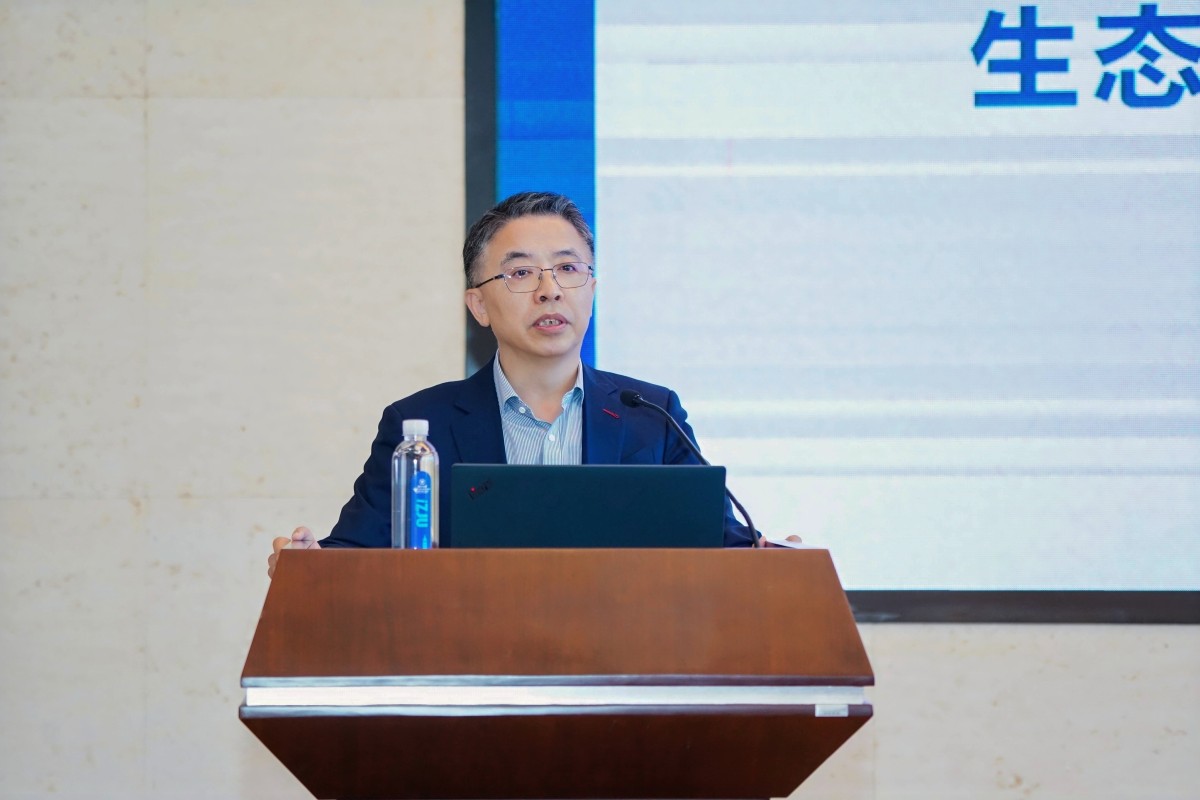
During the free discussion and experts’ comment sessions, the academicians, experts, and directors of the relevant offices and functional departments of ZJU had a lively discussion on the plan.
YANG Wei, based on the history of ZJU’s overall development, put forward profound and systematic suggestions on the strategic positioning and path selection of the International Campus in the new stage. When analyzing in-depth the challenges and opportunities arising from the current geopolitical changes, the International Campus must, based on ZJU’s overall development, leverage its strengths to construct a route for differentiated development, and realize breakthroughs in indicator recognition, quality recognition, status recognition, and reputation recognition. Looking into the future, he suggested that the International Campus should adhere to the long-term vision to be part of a “university lasting for centuries”, explore sustainable education layout, and form distinctive features in governance structure, faculty standards, size and diversity of student population, create institutional systems in line with the rules for international collaborative education, and make its unique contributions to ZJU’s endeavor to be at the forefront of world-class universities.
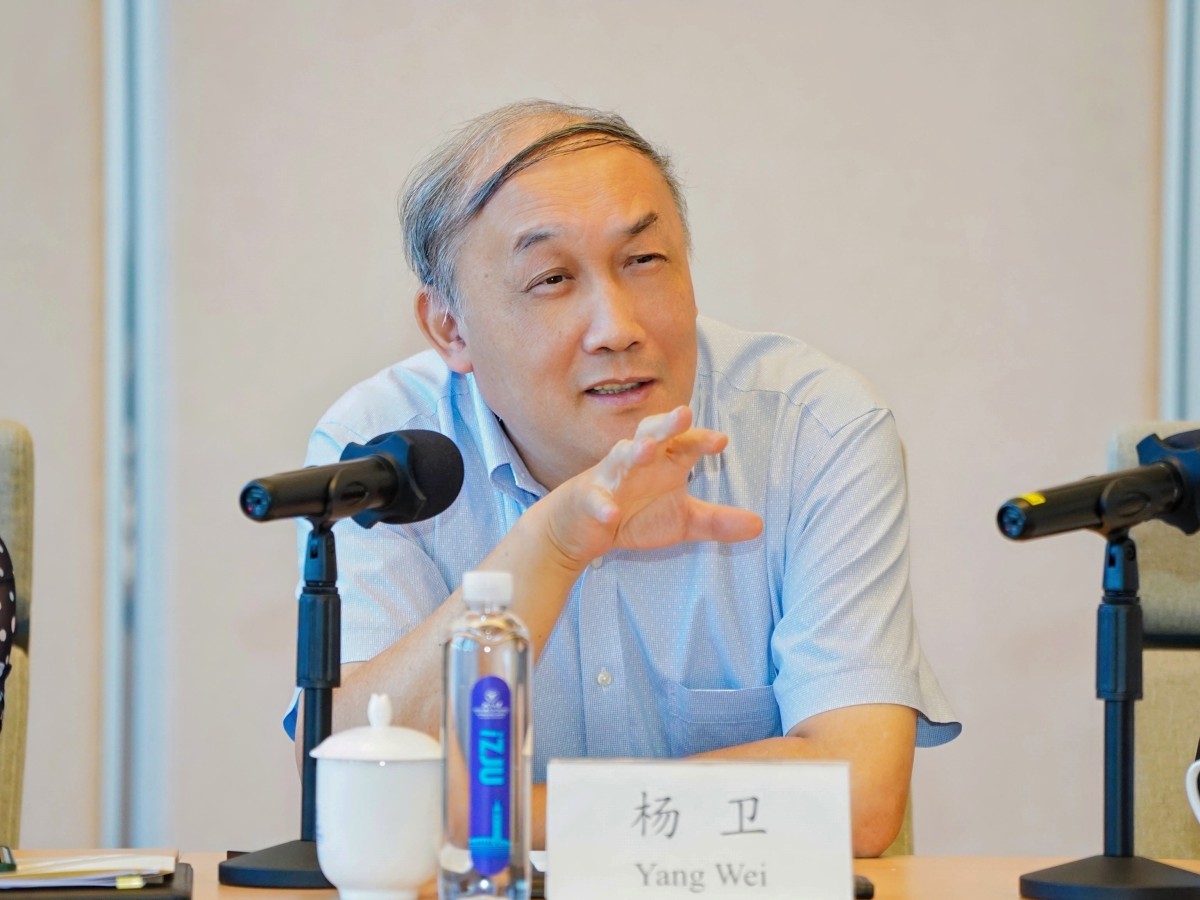
HUANG Hefeng suggested that the International Campus should be oriented towards outcomes, and that the nurturing route and evaluation mechanism of symbolic research outcomes should be clearly stated in the 15th Five-Year Plan, to effectively enhance the international visibility of the International Campus. Meanwhile, the International Campus should also further improve the closed-loop education system, systematically conduct graduates’ career development surveys, evaluate their performance in terms of knowing China, loving China and being friendly with China, so as to provide reference for optimizing talent cultivation. She urged the International Campus to build high-level platforms, strengthen thinktank construction and internationalized teaching quality control, increase its leadership role in organizing international academic societies, and boost the courage to put forward global academic issues, to build an academic brand with global impact. She also urged the International Campus to expand its education layout, and further deepen university-city and university-industry collaboration, and the joint institutes to consider how to break the conventional education model, proactively meet local needs, and forge closer development community with the region by co-building international hospitals and international joint research academies.
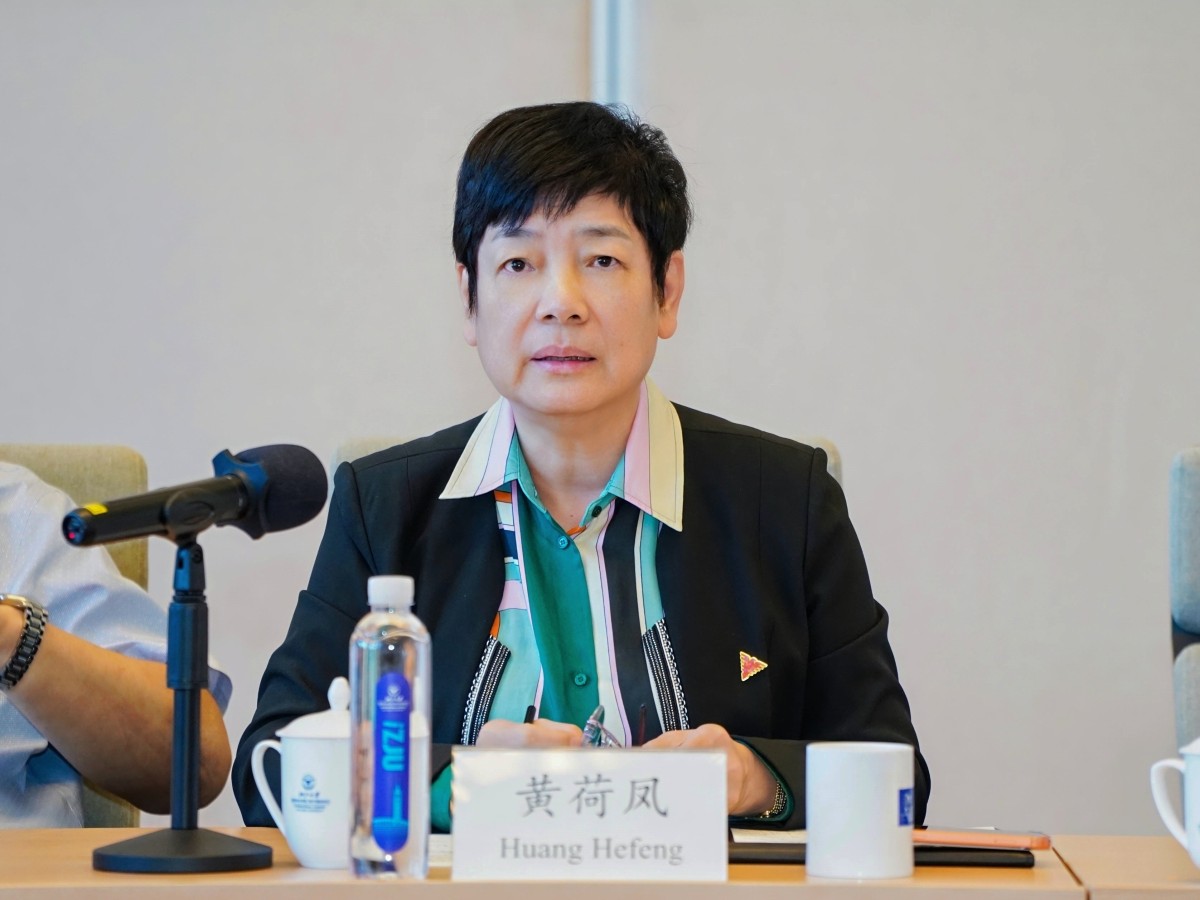
XU Xinzhong, based on his personal experience in Europe, pointed out that international students’ proficiency of the Chinese language and their will to study in China were far more than expected, and that this gave the International Campus an important opportunity to expand its international collaboration. He suggested that the International Campus should actively build an all-English environment, enhance support services for its internationalization initiative, and attract more international talents, to make the Campus an important pivot point of ZJU’s global strategy, and effectively serve China’s education opening-up.
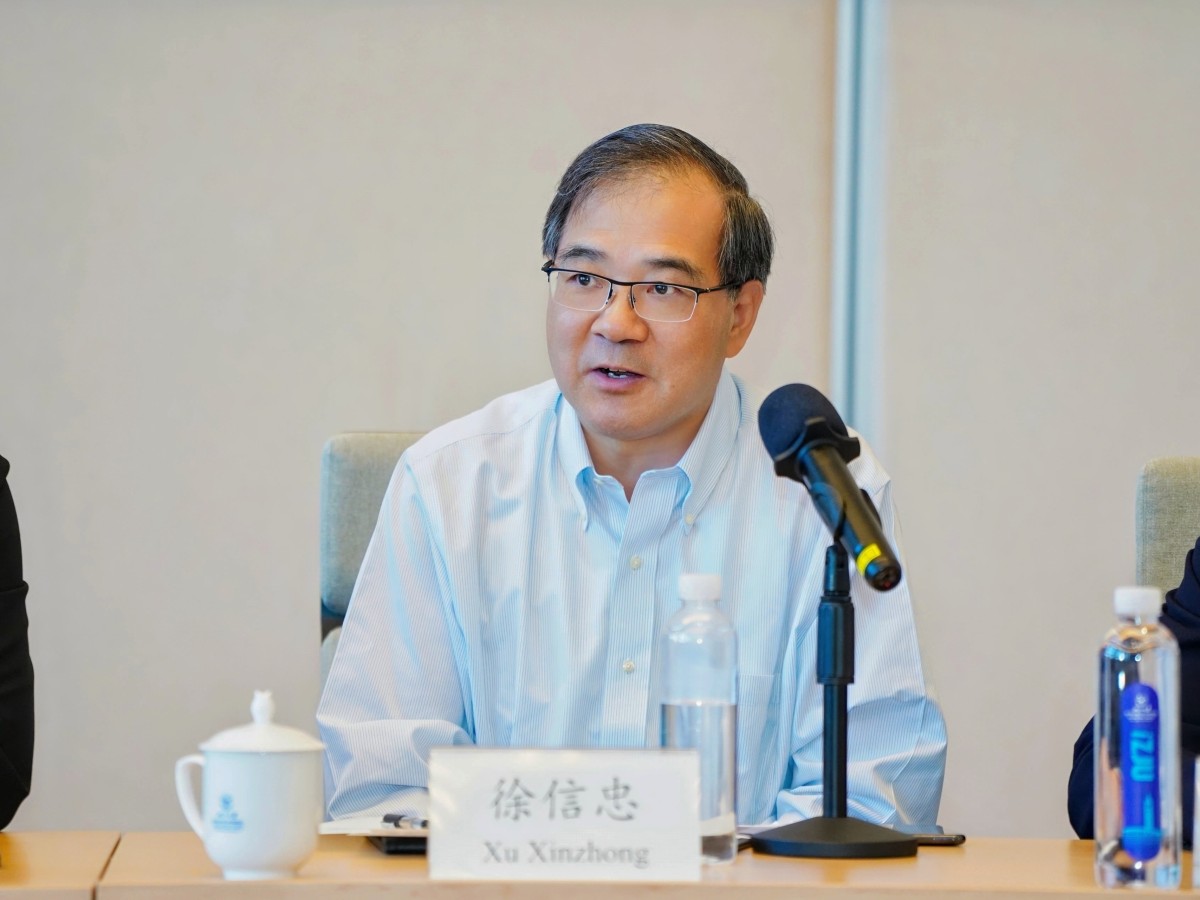
Leaders of Haining City and directors of the relevant ZJU functional departments contributed their respective suggestions and comments on the plan.
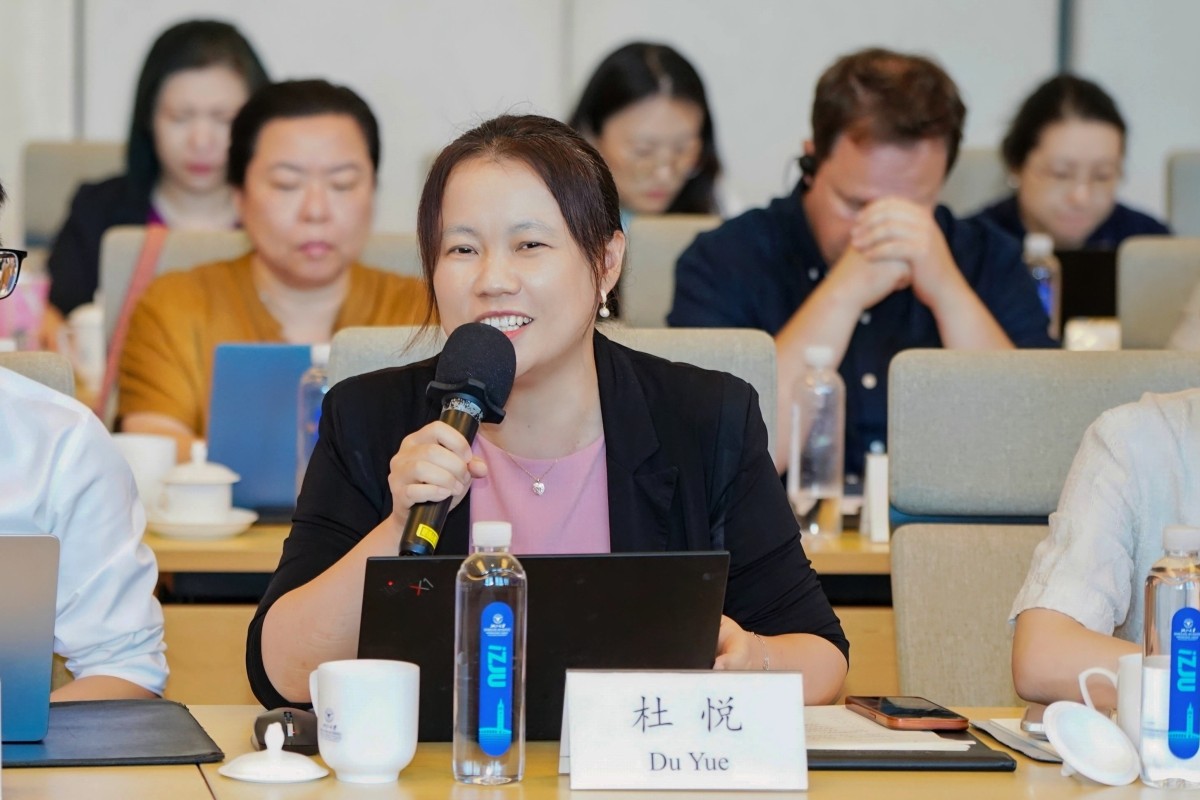
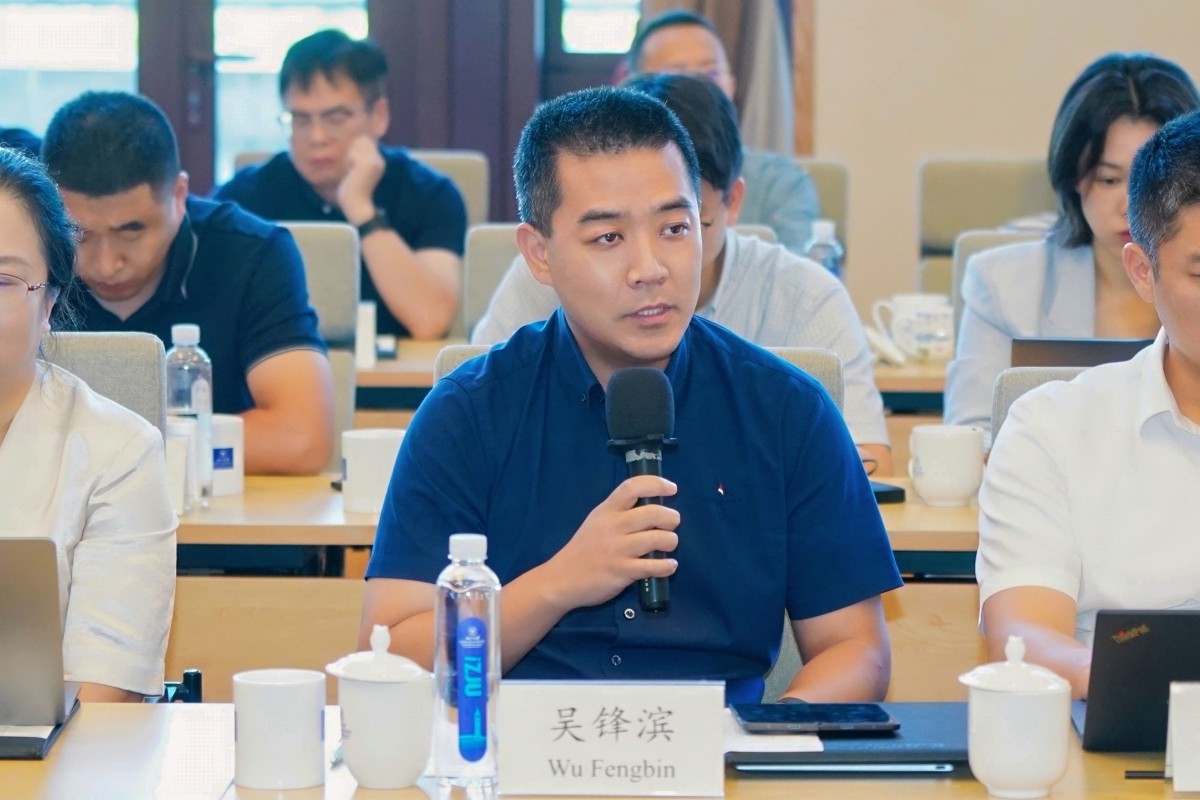
During the group discussion in the afternoon, the invited experts and officials, key administrators of the International Campus, heads of the joint institutes, functional departments and offices of the International Campus were divided into 3 groups to carry out heated discussions on core issues. The discussion results were later shared at the plenary session, forging broad consensus and contributing practical strategies for optimizing the plan.
HE Lianzhen fully recognized the results and significance of this symposium in her concluding remarks. She stated that, during the symposium, top experts offered insightful comments and suggestions, and the participants from ZJU functional departments and Haining City also provided precise guidance. This inspired widespread resonance and in-depth participation among the International Campus faculty and staff, laying a solid foundation for the further optimization and implementation of the plan. She pointed out that the plan should pursue “higher standards and higher positioning”, aim to serve national strategies and be aligned with ZJU’s overall development. She pointed out that the International Campus should focus on the “depth and distinctive characteristics”, be “small but well-developed, unique but strong”, identify directions and priorities, and nurture symbolic experts and research results in promoting cross-disciplinary efforts and internationalization practices. Meanwhile, the International Campus should also expand its “breadth and ecosystem”, construct an open collaborative development community, strengthen the coordination between the International Campus, joint institutes and research platforms, and deepen the sustainable collaboration with regional and international partners. She emphasized that the International Campus should always adhere to its initial aspiration to be “ZJU’s internationalization window and strategic highland”, maintain the resolve to “have full confidence amid challenges”, and advance reform and innovation with a pioneer and entrepreneur mentality, to ensure that the Campus would make steady and sustained progress on the journey of internationalized education.
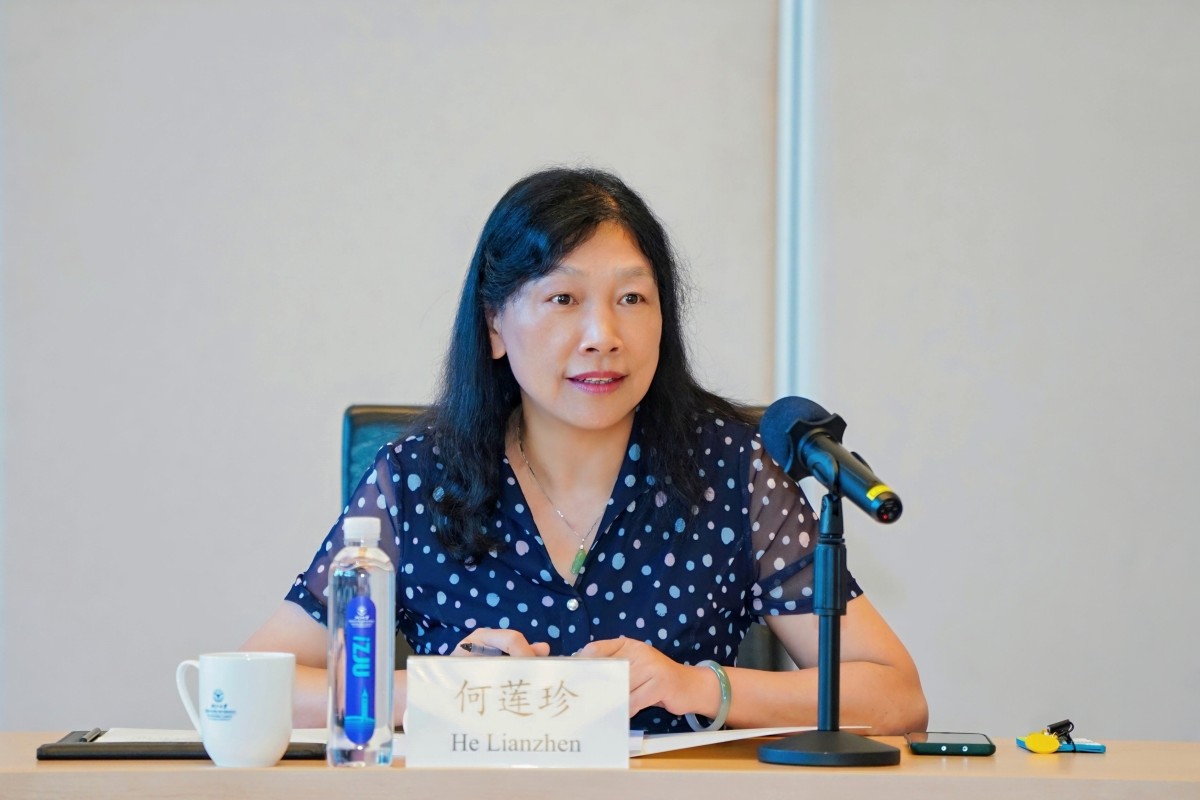
This symposium is a strategic event convened at the critical moment when the International Campus is moving from “creating a model” to “leading development”. The International Campus will fully absorb the symposium results to further optimize the text of the 15th Five-Year Plan, forge development consensus, lay a solid foundation for building an international collaborative education model with global impact and assist ZJU in moving to the forefront of world-class universities.
Key administrators of the International Campus, heads of the joint institutes, directors of the administration offices, and Chinese and international faculty and staff members, a total of over 80 participants, were present at the symposium.
Article: LI Yinan
Editing: LI Songjiao
Translation: YU Jianqing
Editing in charge: LI Yinan
Reviewer: YANG Yi
Final Review: QU Haidong


